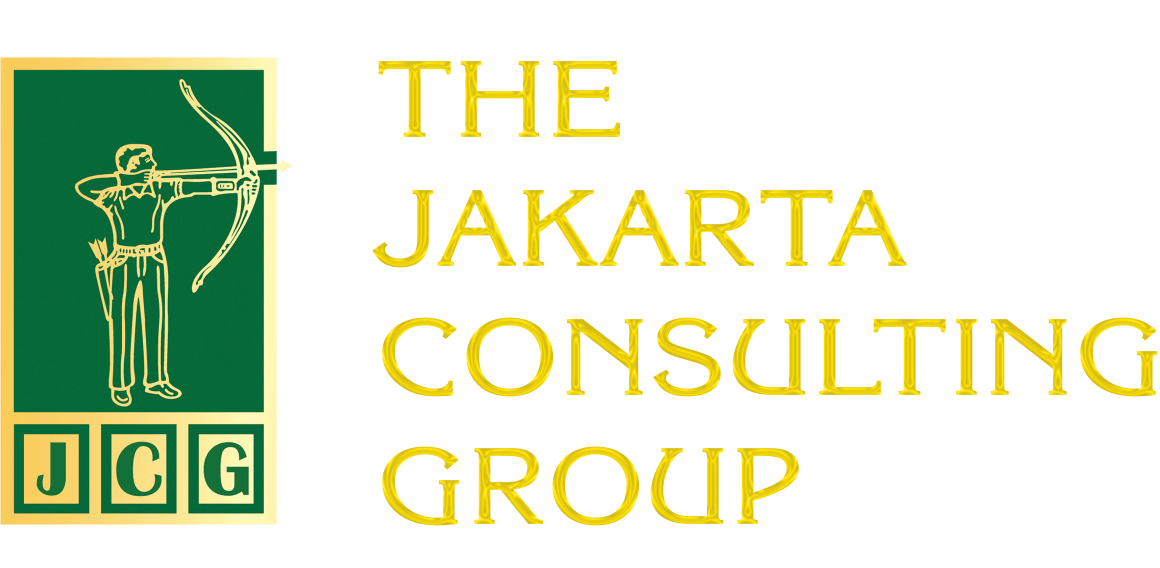Ethical Dilemmas Behind Marketing Strategies: Challenges and Solutions for the Modern Era. As we know, marketing is a powerful tool that influences consumer behavior, shapes societal norms, and drives economic growth. But just like Spider-Man’s famous line, “With great power comes great responsibility,” companies have a duty to ensure their marketing strategies are ethical.
Of course, everyone agrees with that. The problem is, ethical marketing isn’t always black and white; often, it’s in the gray areas. The line between right and wrong can be pretty fuzzy or unclear.
Ethical marketing means promoting products and services in a way that’s honest, transparent, and respectful to consumers. It’s about considering the impact of marketing strategies on society, the environment, and individual well-being. Ethical marketers strive to balance profitability with social responsibility, making sure their actions don’t exploit or harm consumers.
Ethical Dilemmas Behind Marketing Strategies: Challenges and Solutions for the Modern Era
However, what counts as “ethical” can vary a lot depending on cultural norms, societal expectations, and individual values. What one group sees as ethical, another might see as manipulative or harmful. This subjectivity creates those gray areas. In these ethical gray zones, companies often face dilemmas that require tough decisions. These dilemmas arise when there’s a conflict between different ethical principles or when the potential consequences of marketing strategies aren’t clear.
One of the most debated aspects of ethical marketing is targeting vulnerable consumers, like children, the elderly, or people with low incomes. For instance, advertising sugary snacks to kids raises ethical issues because young audiences might not fully grasp the health implications of consuming such products. Similarly, marketing high-interest loans to low-income individuals can be seen as exploitative, preying on those who might be in a tough financial spot. The controversy here is whether companies should refrain from targeting these groups, even if their products are legal and in demand. While some argue that businesses have the right to promote their products to any audience, others believe that doing so in a way that exploits vulnerabilities crosses an ethical line.
Another issue is customer data security. In the digital age and with AI, data-driven marketing is unavoidable. Companies collect tons of data about consumer behavior to personalize marketing and enhance customer experience. But this raises significant ethical concerns about privacy and consent. Consumers often don’t realize how much their data is being collected, shared, and used for marketing purposes. Even when companies get consent, the terms and conditions are often complex and hard to understand, leaving consumers unaware of how their information is used. The challenge here is balancing the benefits of personalized marketing with respecting consumer privacy and ensuring informed consent.
Pricing strategies also spark ethical debates. Dynamic pricing, where prices fluctuate based on demand, can lead to situations where consumers pay different prices for the same product. While this practice is legal and can be seen as a way to maximize profits, it might also be seen as unfair, especially when vulnerable consumers are charged higher prices. Similarly, price discrimination, where different customers are charged different prices based on factors like location, purchase history, or even search behavior, raises ethical questions. Is it fair to charge one customer more just because they’re willing to pay more? Or should all customers have access to the same price for the same product?
Tactical Steps to Handle Ethical Marketing Controversies
So, how do you tackle these ethical marketing controversies? First, create a clear and comprehensive code of ethics outlining what’s okay and what’s not in marketing activities. This code should align with your company’s core values and industry standards. Second, be transparent in all marketing messages. Avoid exaggerated claims, misleading statements, or withholding important information that could deceive consumers. Clearly disclose any sponsorships, endorsements, or partnerships in your marketing campaigns. Third, prioritize creating value and customer well-being. Always think long-term. Fourth, when dealing with ambiguous situations, use a decision-making framework that considers the potential impact on all stakeholders (consumers, employees, society). Fifth, always comply with regulations. Stay updated on laws and regulations related to marketing and consumer protection in all the regions where your company operates. Sixth, promote a culture of ethical behavior from top to bottom. Leaders should lead by example. Seventh, regularly audit marketing practices to identify and fix any ethical violations. Hold individuals and teams accountable for unethical marketing practices, with clear sanctions for violations.
Category: Marketing & Branding
#ethical marketing
#grey area
#vulnerable customers
#data security
#pricing
#code of ethics
Related Posts:
Inspirational Story of Local Entrepreneurs: From a Whim to a Legend – The Success Strategy of Bika Ambon Zulaikha
Employee Content Creation (EGC): Boosting Company Image
Pros and Cons of Side Hustle for Young Generations in Family Businesses
Legacy and Loyalty: Recruitment to Ensure Family Business Sustainability
Pro Kontra Side Hustle Generai Muda Bisnis Keluarga











